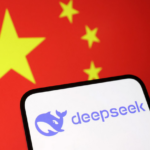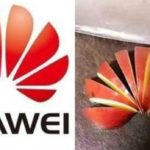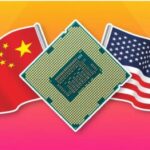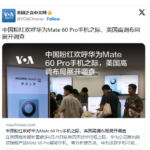Why Huawei values collaboration with universities
Meng Wanzhou
Universities originated in medieval Europe, where for centuries they existed mainly to pass existing knowledge on to subsequent generations. Advances in human knowledge were driven primarily by craftsmen working in guilds. Industrial craftsmanship and university research rarely crossed paths.
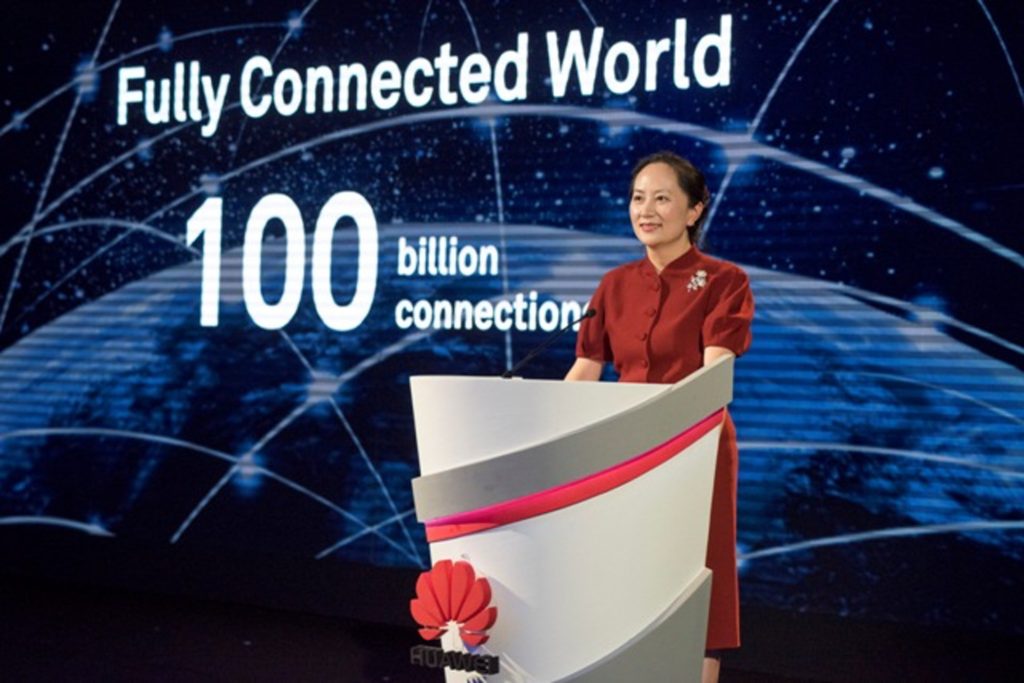
That changed during the Industrial Revolution, when universities went from simply disseminating knowledge to pushing back its frontiers. James Watt developed the modern steam engine while repairing an inefficient early model at the University of Glasgow. His refinements led to the widespread use of steam power for manufacturing and transport.
Private companies and institutes began playing a role in basic research in the 1940s and 1950s. AT&T’s Bell Labs invented the transistor, the laser, and information theory while an engineer from Texas Instruments ushered in the era of Moore’s Law by inventing the integrated circuit.
Today, universities and companies are collaborating more closely than ever. Universities are leading the charge in basic theoretical researchon artificial intelligence while leading companies like Google, Facebook, Tesla and Huawei Technologies are putting scholars’ theories to practical use.
Nearly half of Huawei’s 180,000 employees are engaged in research and development. Over the past decade, we have invested $60 billion in R&D and plan to spend $15 billion to $20 billion annually over the coming years.
As a tech company, our success — indeed, our survival — depends on how accurately our R&D predicts the evolution of future communications technology. To get it right, we foster a culture of openness, encouraging employees to “absorb the energy of the universe over a cup of coffee.” This is a way of saying they should take time out of the work day to get together and bounce around ideas.
To foster collaboration externally, the Huawei Innovation Research Program provides a virtual coffee shop where we can exchange ideas with universities and research institutes around the world. First launched inEurope in 2010, the program funds proposals that offer the greatest potential. Through HIRP, we work closely with most of the world’s top 100 universities and with scholars at 50 national laboratories in more than 30 countries.
In 2014, we expanded HIRP to support a wider range of scientists whose basic research aligns with our business. To date, the program has funded 1,200 projects, many of which have successfully been commercialized. For example, the noise canceling technology that we developed together with the Technical University of Munich is used in mobile phones. We also work closely with Professor Josef Nossek, a member of the German Academy of Science and Engineering, whose application of wireless concepts to optical communications has reduced the power consumption of chips used in certain optical transmission products.
Contrary to what some have alleged, Huawei is not after our partners’patents or research results. While we have noted Oxford University’s decision to decline further funding for new projects from Huawei, our goal is only to learn from researchers’ successes and failures.
This type of open collaboration is the only way to close the gap between basic science and its commercial application. It requires not only funding but patience, as the journey from a basic theory to its practical adaptation may take decades.
We can only bridge this divide when universities and companies collaborate. Without basic research by universities, industrial development would lack theoretical foundations; without industry, knowledge would remain cloistered in the ivory towers of academia.
Huawei supports universities so that scientific research can be a lighthouse that illuminates a path toward the future. Scientists own the lighthouse, allowing them to commercialize the fruits of their research however they like.
Huawei will continue funding basic research that leads to advances in science and technology. This collaboration will benefit not only our own commercial efforts, but industry and society as a whole.

